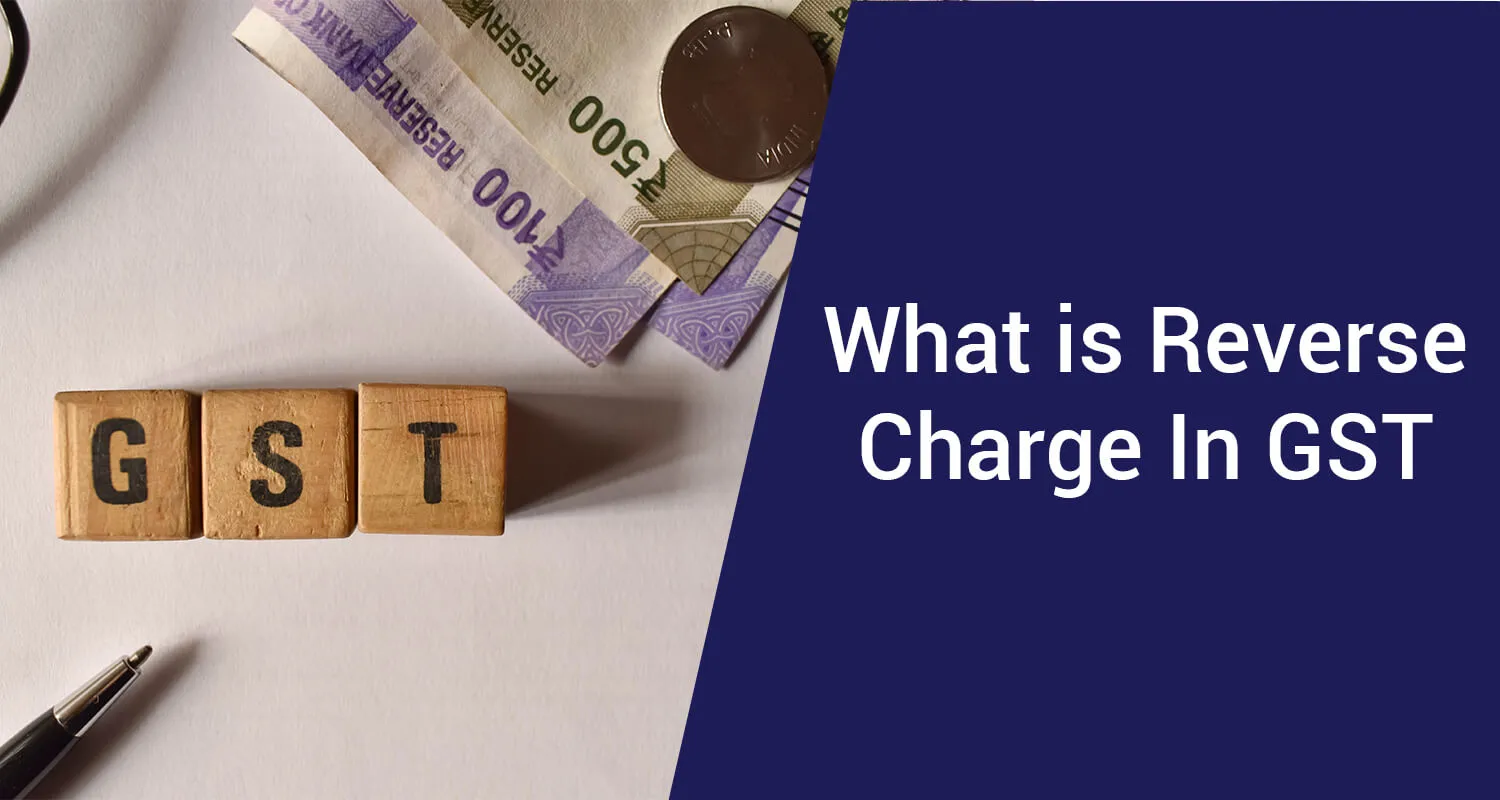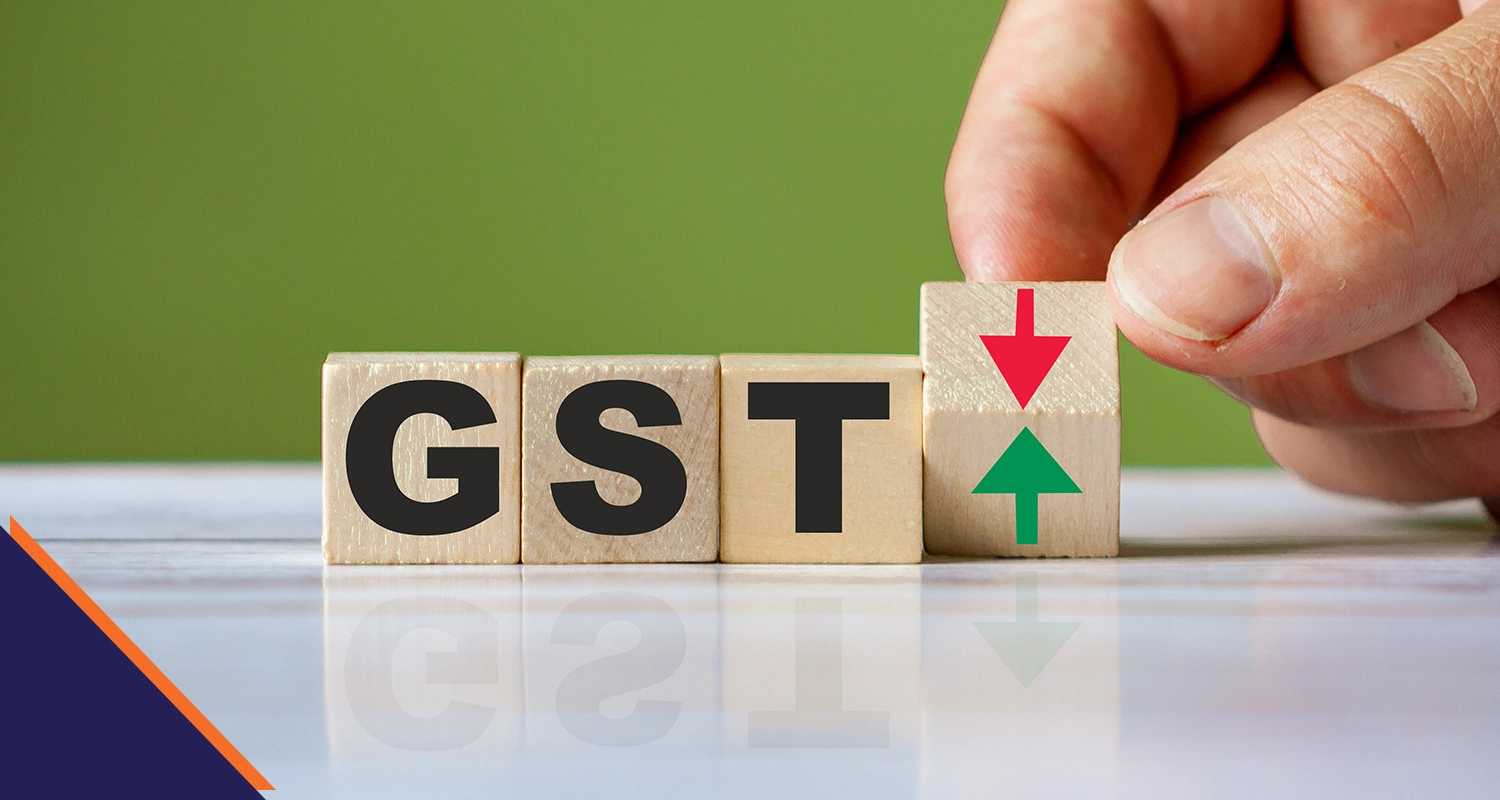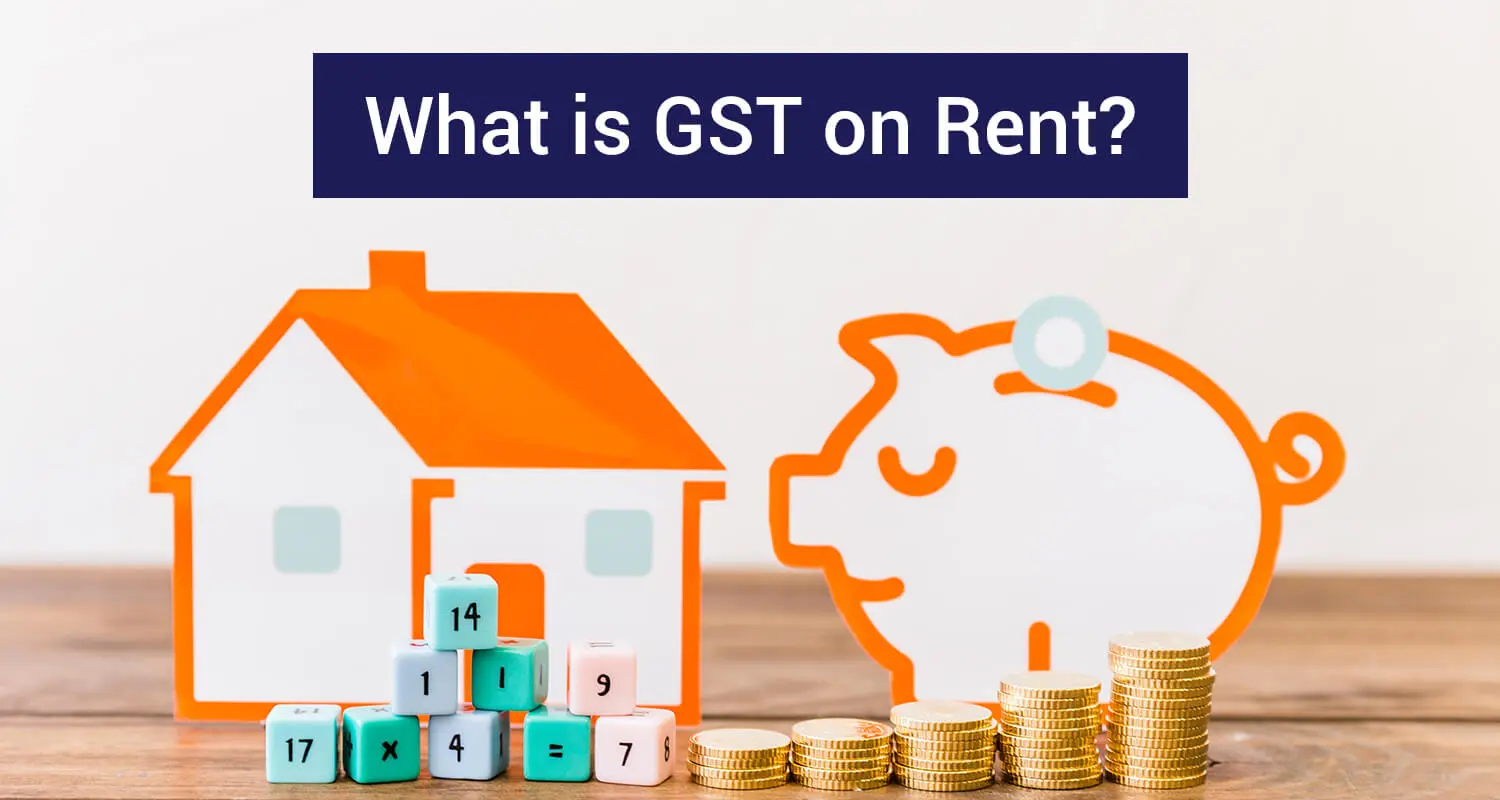What is Debit Note in GST?
Debit note (or a debit memo) is a commercial document utilized by the buyer or seller in B2B transactions for understated invoice value.

The advent of the GST regime brought with it the concept of a ‘Debit note.’ A debit note is crucial for adhering to accounting standards in the Indian SME manufacturing business. Common in B2B transactions, it rectifies accounting errors. Buyers and sellers of all scales use it, and it addresses inaccuracies inherent in business dealings. So, exactly how does the debit note work, and what is the debit note meaning? Let’s read further to understand.
What is a Debit Note?
A debit note (or a debit memo) is issued post-sale when an invoice needs alterations. It's a commercial document utilized by the buyer or seller after completing a transaction. Here's a brief overview of why these notes may be issued.
Issued by a seller:
- Invoice requires adjustment- The seller provided the buyer with an invoice after delivery but mistakenly billed a lower per-unit price.
- Incorrect tax rate- The invoice reflects a 12% GST instead of the correct 18%, necessitating correction.
- Total invoice amount discrepancy - Though unit prices are accurate, the total due must be corrected and issued correctly.
Issued by a buyer:
- Invoice discrepancy: Although the sale is finalized and invoiced, the amount listed by the seller is inaccurate.
- Goods damaged upon delivery: Post-delivery, the buyer discovers some items received are damaged.
- Cancellation of transaction: Unforeseen circumstances may necessitate the buyer to cancel the purchase and return the goods to the seller.
Sapna aapka. Business Loan Humara.
Apply NowDebit note Format
As an SME manufacturer in India, there isn't a prescribed debit note format to adhere to, but authorities deem certain fields essential. These include:
- Company Details: Supplier and buyer names, addresses, and GSTIN.
- Serial Number: An alphanumeric sequential code specifying the unique serial number for the debit note.
- Associated Invoice Number: The alphanumeric sequential code of the corresponding invoice.
- Relevant Dates: Invoice creation date and debit note issuance date.
- Detailed Descriptions: Comprehensive accounts of goods' details and descriptions.
- Legally Authorized Signatures: Signatures of authorized representatives from the issuing party.
Debit note in GST
According to Section 34(3) of the CGST Act 2017, a goods and services supplier can issue a debit note in various scenarios:
- when a tax invoice is issued for services or goods, but the taxes charged are lower than the actual taxable value;
- when the quantity of goods/services supplied exceeds the initially agreed commitment;
- or when issuing a tax invoice for the supply of goods/services.
The role of a debit note in GST comes into the picture when it forms an important part of the details mentioned in GSTR-1 for the month in which the said supply was made and when the same information is seen reflected in Form GSTR-2A and GSTR-2B for the recipient's review and submission in GSTR-3B.
Previously, reporting a credit or debit note required quoting the original invoice number on the GSTN portal in Forms GSTR-1 and GSTR-6. However, the amendment delinking debit notes from their original invoices lead to the following changes:
- Provided place of supply in the note helps in identifying the type of supply- intrastate or interstate supply
- A debit or credit note issued for a tax rate difference can have a value of zero, as entering the correct tax amount will suffice.
Amendment influenced Input Tax Credit (ITC) treatment. Pre-amendment, the time limit to claim ITC (Income Tax Credit) was tied to the invoice date, but post-amendment, it aligns with the debit note issue date.
For instance, check this debit note example: if an invoice was issued in February 2020 and the debit note in August 2020, the ITC claim deadline would be the due date of Form GSTR-3B for August 2021, given the debit note's 2020-2021 issuance.
When a debit note is issued?
Debit Notes can be issued without a specified time limit and must be reported in GST returns. They should be included in the return for the relevant month and submitted
- before September following the end of the financial year in which the supply occurred or
- before the filing of the Annual return,
whichever comes first. Tax liability must be adjusted according to prescribed guidelines.
Debit notes or supplementary invoices must be kept for seventy-two months from the annual return's due date for the relevant year. If these records are maintained manually, they should be stored at each business location listed in the registration certificate and be accessible at digitally maintained locations.
Did the 2018 amendments affect any rules regarding debit notes?
Amendments brought about significant changes, including:
- Recipients under GST cannot issue credit or debit notes; this process solely flows from the supplier.
- Multiple credit or debit notes for a single tax invoice are now permissible.
- Conversely, one credit or debit note can be applied to multiple tax invoices.
- It's essential to note that credit or debit notes must be aligned with the financial year and cannot span across multiple financial periods.
Conclusion
A debit note is a crucial accounting document required in many business transactions. Businesses maintain a separate debit note book to keep the record and two copies of the note for each of the involved parties. The note makes it easier and more systematic to keep track of transaction value changes and claim ITC accordingly.
If you are also in the small business or SME Manufacturing sector, you will need a thorough knowledge of debit notes. You can head straight to IIFL Finance blogs to stay updated about more such terms and to avail yourself of business loans for all your business purposes.
Sapna aapka. Business Loan Humara.
Apply NowDisclaimer: The information contained in this post is for general information purposes only. IIFL Finance Limited (including its associates and affiliates) ("the Company") assumes no liability or responsibility for any errors or omissions in the contents of this post and under no circumstances shall the Company be liable for any damage, loss, injury or disappointment etc. suffered by any reader. All information in this post is provided "as is", with no guarantee of completeness, accuracy, timeliness or of the results etc. obtained from the use of this information, and without warranty of any kind, express or implied, including, but not limited to warranties of performance, merchantability and fitness for a particular purpose. Given the changing nature of laws, rules and regulations, there may be delays, omissions or inaccuracies in the information contained in this post. The information on this post is provided with the understanding that the Company is not herein engaged in rendering legal, accounting, tax, or other professional advice and services. As such, it should not be used as a substitute for consultation with professional accounting, tax, legal or other competent advisers. This post may contain views and opinions which are those of the authors and do not necessarily reflect the official policy or position of any other agency or organization. This post may also contain links to external websites that are not provided or maintained by or in any way affiliated with the Company and the Company does not guarantee the accuracy, relevance, timeliness, or completeness of any information on these external websites. Any/ all (Gold/ Personal/ Business) loan product specifications and information that maybe stated in this post are subject to change from time to time, readers are advised to reach out to the Company for current specifications of the said (Gold/ Personal/ Business) loan.



